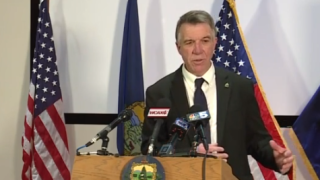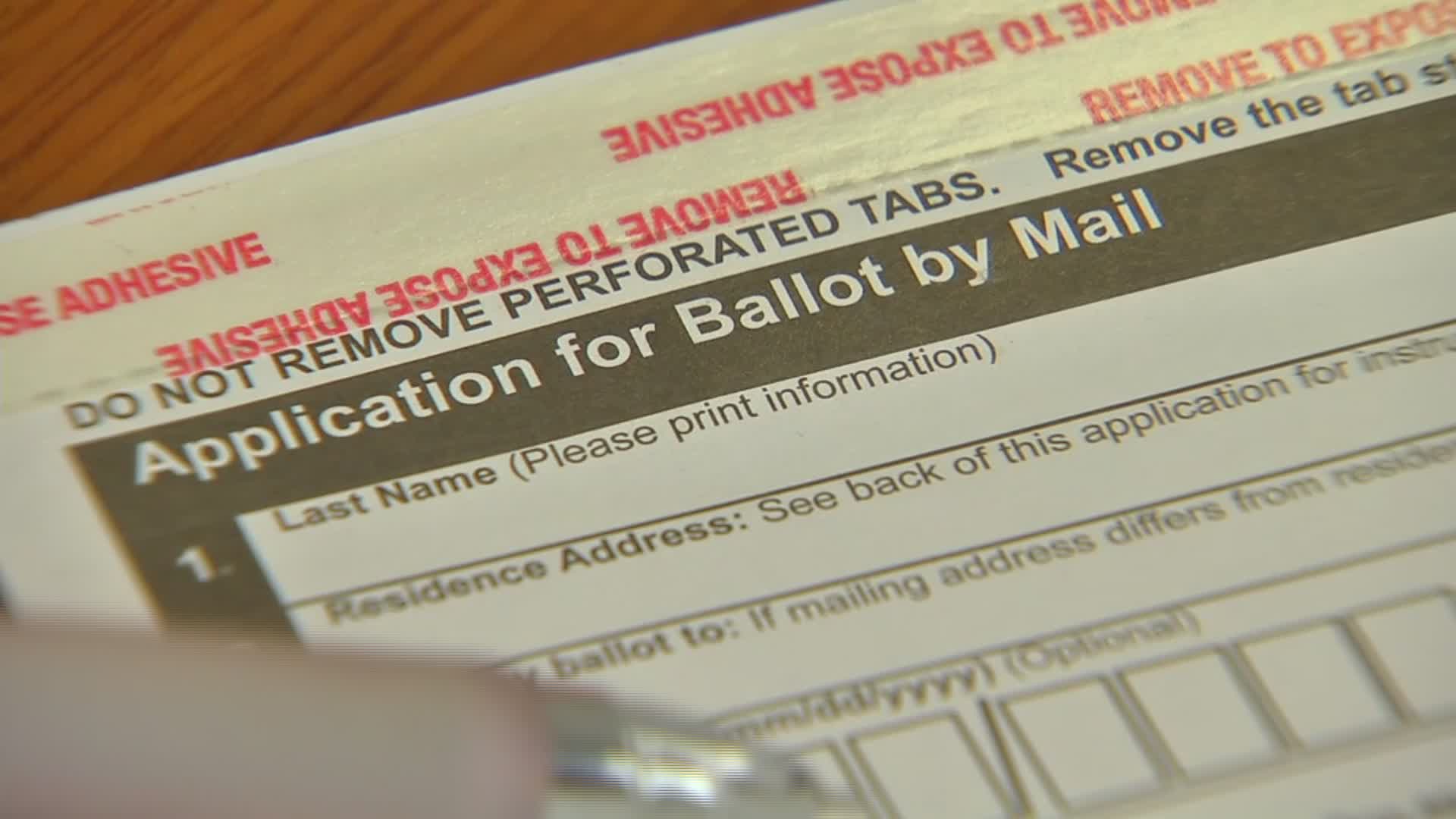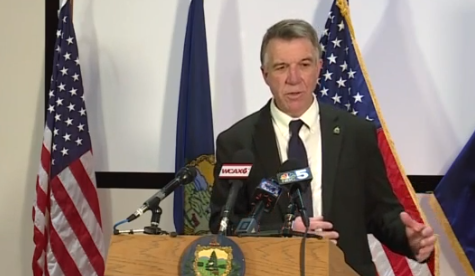
Colleges and Universities in Vermont will welcome students back on campus this with quarantine requirements, coronavirus tests and contracts under new state guidelines released Tuesday.
Gov. Phil Scott announced the restrictions for in-person higher education during a press conference, emphasizing the significance of the connection between students and teachers that can be strained via remote learning.
"We know how critical in-person education is," Scott said. "We’re working with higher education to welcome back students to campuses in the safest way possible. As you might imagine, there are many unique challenges to accomplish this."
Scott emphasized that he is always watching state data on coronavirus cases.
"I will not hesitate to act based on the latest data and prioritize public health," Scott said.
Vermont reported 3 new confirmed cases of the coronavirus Tuesday for a total of 1,254. The total number of deaths from COVID-19, the illness caused by the virus, has remained at 56 since June 18.
Former President of Norwich University Richard Schneider, who serves as the chair of Scott's task force to address state university closures caused by the pandemic, said the guidance aims to make Vermont "the safest place to go to college."
Schneider outlined three major components of the guidelines;
- A strategy to decrease the risk of people coming on campus with COVID
- Policies to decrease the risk of transmission among faculty and staff
- An action plan, if someone does become infected, to quickly identify and contain the affected people and minimize the impact on others
Other highlights include;
- Mandatory quarantine policies
- Aggressive health screenings
- A minimum of one coronavirus test at the start of the school year
- Limited work-related travel for university staff
- Reduced class sizes
- Restricted dining hall hours
- Dining Hall pickup and delivery
- A limit of two students per bedroom
More Coronavirus Coverage in Vermont
Students, faculty and staff will also be required to sign a health safety contract that will hold them accountable for taking risks that could spread the virus. Schneider said there are ramifications for not following the contract but didn't go into further detail.
Colleges will be required to reduce the numbers of visitors allowed on move-in day as well, and only students will be allowed in the dorms. Students will be allowed two guests who must adhere to the state's travel restrictions, which require a two week quarantine if the person is not from trusted community.
The vast majority of universities will need to reduce or modify their academic calendars. Students will likely be sent home for Thanksgiving break and either finish the semester remotely or take their exams beforehand, depending on the curriculum. This measure is meant to avoid having to "start over," Schneider said, with quarantine and testing requirements.



